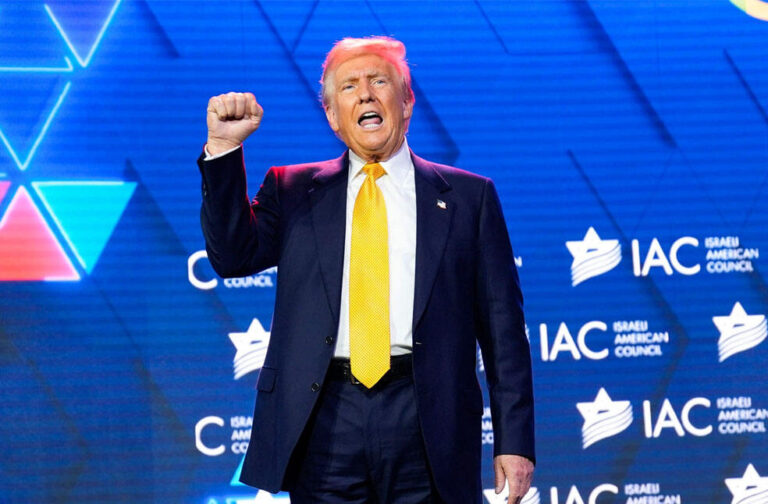Washington DC: US prosecutors has unveiled significant evidence in the case against Donald Trump regarding efforts to overturn the 2020 election results. This evidence was revealed in a newly unsealed 165-page legal brief by Special Counsel Jack Smith, which details Trump’s interactions with Republican officials as he attempted to propagate false claims about election fraud.
The evidence includes private conversations with key figures, highlighting Trump’s reliance on deceitful narratives and his incitement of the January 6 Capitol riot. The filing suggests that Trump intended to derail the certification of the Electoral College results when Vice President Mike Pence refused to participate in the alleged conspiracy.
Smith’s team emphasized in the brief that, despite Trump being the sitting President during the alleged conspiracies, his actions were fundamentally private in nature. They asserted that, “When the defendant lost the 2020 presidential election, he resorted to crimes to try to stay in office.”
The brief was released publicly despite objections from Donald Trump’s legal team, coinciding with the final month of a tightly contested presidential race. Democrats have emphasized Trump’s refusal to accept the results of the 2020 election, arguing it demonstrates his unfitness for office.
Trump has publicly criticized the release of this information, alleging political motivations behind the prosecution.
Judge Chutkan has unsealed the redacted motion for immunity determinations.
— Jack E. Smith ⚖️ (@7Veritas4) October 2, 2024
The filing, initially submitted under seal, followed a Supreme Court ruling that granted broad immunity to former presidents for actions taken while in office. This decision effectively limited the scope of the prosecution and removed the possibility of a trial occurring before the upcoming election next month.
The brief aims to convince U.S. District Judge Tanya Chutkan that the offenses outlined in the indictment were committed by Trump in his personal capacity, rather than as president, allowing them to remain part of the case.
While the timeline for a trial remains uncertain, especially if Trump wins the presidency and a new attorney general decides to dismiss the case, the brief serves as a critical outline for the evidence and witness testimony that prosecutors intend to present to a jury.



